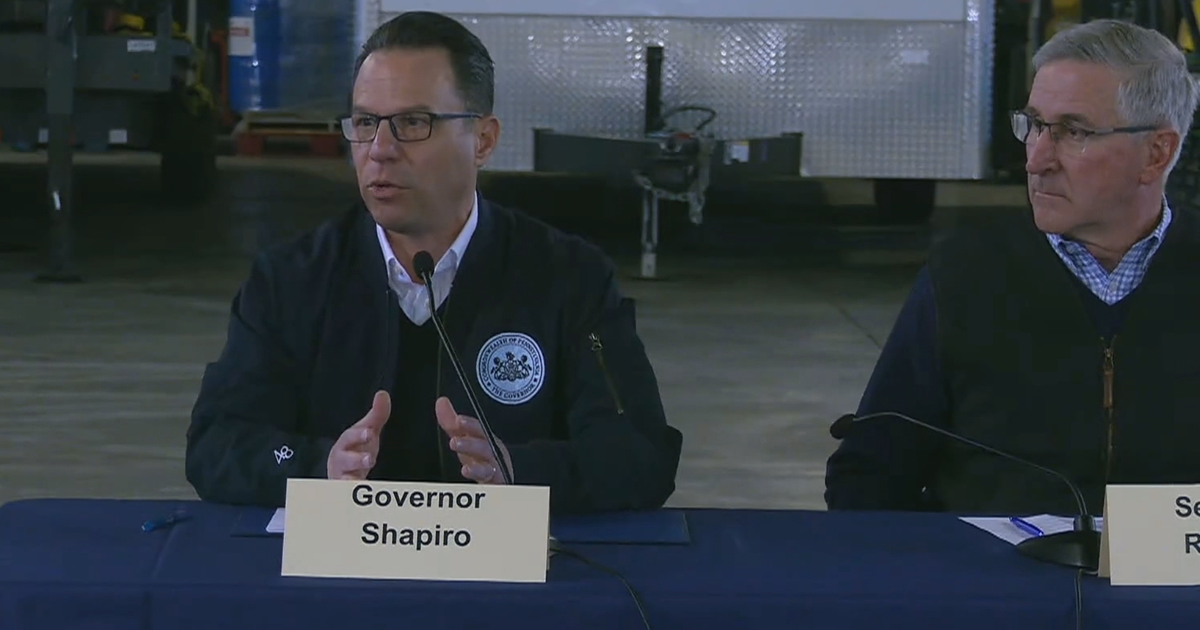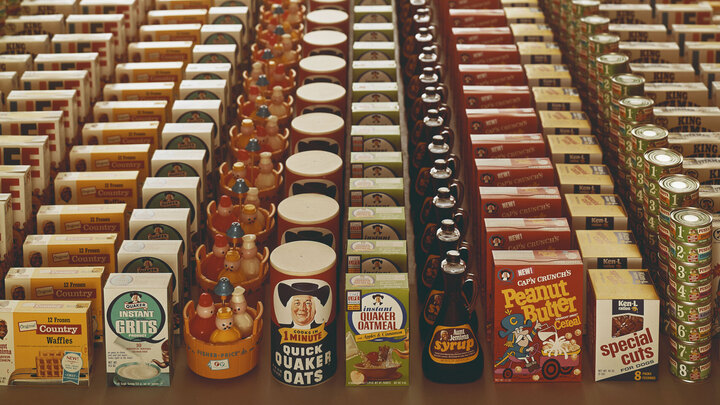Gottlieb says U.S. "right back where we were" at earlier peak of coronavirus outbreak
Washington — Dr. Scott Gottlieb, the former commissioner of the Food and Drug Administration, warned Sunday that the United States is "right back where we were" when the country experienced its first peak in coronavirus infections earlier this year.
"We're right back where we were at the peak of the epidemic during the New York outbreak," Gottlieb said on "Face the Nation." "The difference now is that we really had one epicenter of spread when New York was going through its hardship. Now we really have four major epicenters of spread: Los Angeles, cities in Texas, cities in Florida and Arizona. And Florida looks to be in the worst shape, and Georgia is heating up as well, and that's concerning."
Forty states have reported a surge in confirmed coronavirus cases as they began to lift restrictions on residents and proceeded to phased reopenings of their economies. But amid the spikes, states like Texas and California have put their plans on hold, instead closing bars and limiting indoor dining at restaurants, while mandating residents to wear masks indoors.
Despite the jump in cases, President Trump has downplayed the latest surge, saying many of those newly infected are young and at lower risk of serious illness from the coronavirus. Mr. Trump has also attributed the rise in cases to increased testing and said Thursday following the latest jobs report showing the unemployment rate fell to 11.1% and the economy added 4.8 million jobs that the "crisis is being handled."
But Gottlieb warned that in the next two weeks, the death toll from the coronavirus — which currently stands at more than 129,000, according to Johns Hopkins University — is going to increase.
"The total number of deaths is going to start going up again as the number of hospitalizations starts to spike again, so we're going to see deaths creep up," he said, adding that in the next two weeks, deaths could reach more than 1,000 per day. "That doesn't mean the case fatality rate, the actual death rate isn't declining. But when you have more infections, even if the death rate is declining, you're going to get more deaths, tragically."
Gottlieb said the country has to "accept the fact that we're in the second wave" of the pandemic and warned that there is "not a clear line of sight on how we're going to get this under control."
While some drugs have proven useful for treating the coronavirus, such as remdesivir, which was found to help hospitalized patients recover more quickly, Gottlieb said the federal government and pharmaceutical companies need to be planning for other drugs coming available in the fall to ensure there is investment in manufacturing and a coordinated strategy for deploying them.
"We face a hard fall," Gottlieb said. "It's not clear that it's going to get better. We're going to have epidemics that come and go across the nation in different cities. They'll light up at different times. But we're not going to really be able to crush this virus at this point because there's just so much infection around. We really don't seem to have the political will to do it."



